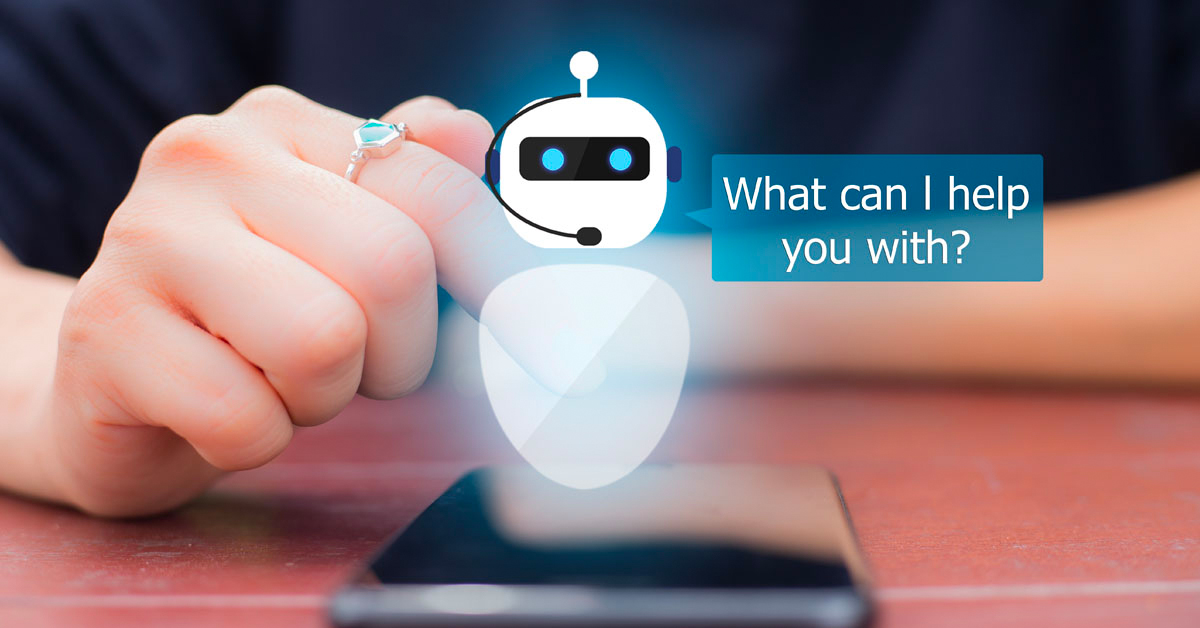
AI-Powered Chatbots: The Future of Customer Service?AI-Powered Chatbots: The Future of Customer Service? In an era of instant gratification and personalized experiences, AI-powered chatbots have emerged as promising tools to revolutionize customer service. These automated agents, infused with advanced language processing and machine learning capabilities, offer a range of benefits that have the potential to redefine customer interactions. Enhanced Accessibility and Convenience: Chatbots provide 24/7 support, eliminating the traditional constraints of business hours. Customers can seek assistance whenever they need it, minimizing wait times and frustration. By offering instant responses and leveraging self-service options, chatbots empower customers to resolve issues quickly and conveniently. Personalized Interactions: AI-powered chatbots can analyze customer data, including past interactions, preferences, and behavioral patterns. This allows them to tailor their responses to each individual’s specific needs. By providing personalized recommendations and solutions, chatbots enhance the customer experience and increase satisfaction. Improved Resolution Rates: Powered by machine learning, chatbots constantly learn from every interaction. They can quickly identify and classify customer issues, providing accurate and efficient solutions. By automating routine inquiries and resolving simple problems effectively, chatbots free up human agents for more complex and high-value tasks. Cost-Effective and Scalable: Chatbots significantly reduce the need for human agents, leading to substantial cost savings for businesses. Moreover, they can handle multiple customer interactions simultaneously, scaling effortlessly to meet even the highest demand peaks. This scalability ensures seamless customer service delivery, regardless of the volume of inquiries. Transforming the Customer Experience: By providing a consistent and user-friendly experience across different channels, AI-powered chatbots enhance customer loyalty and satisfaction. They can proactively reach out to customers with personalized offers and reminders, creating a personalized and engaging relationship. Considerations and Challenges: Despite their potential, AI-powered chatbots face certain challenges, such as: * Limited Emotional Intelligence: Chatbots may not be able to handle complex or emotionally charged conversations effectively. * Bias and Discrimination: If not trained properly, chatbots can perpetuate existing biases and discriminate against certain customer groups. * Ethical Concerns: The use of AI in customer service raises ethical questions regarding data privacy, transparency, and accountability. Conclusion: AI-powered chatbots hold immense promise for the future of customer service. Their ability to enhance accessibility, personalize interactions, improve resolution rates, and transform the customer experience make them a valuable tool for businesses seeking to provide exceptional support. However, it is crucial to address the challenges and ethical considerations associated with their use to ensure a positive and responsible implementation of AI technology in customer service.
Posted inNews